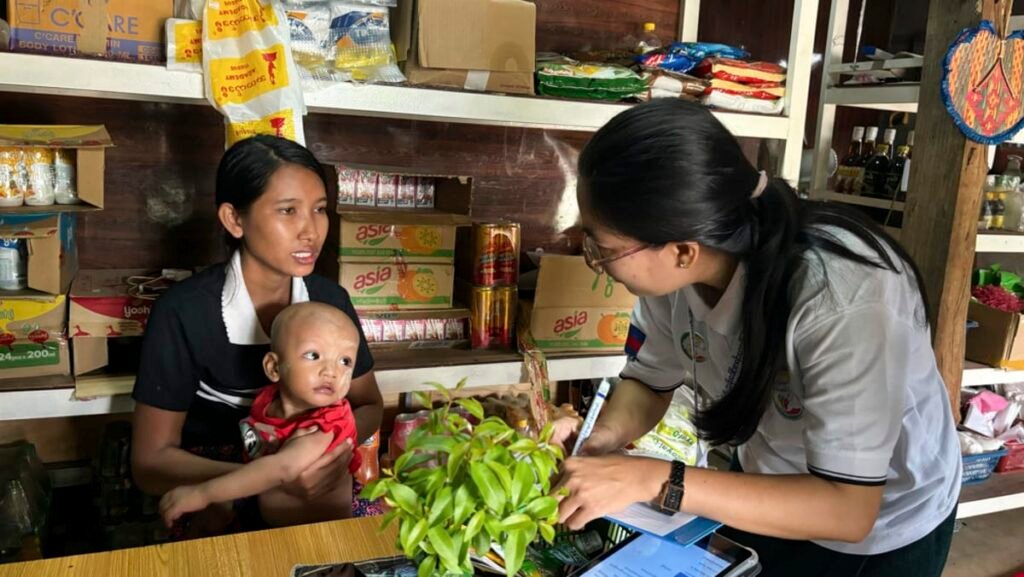Census takers in Myanmar began conducting a national survey despite calls from anti-junta groups to boycott the exercise. The ruling junta is moving forward with the census, even though it has lost control of many parts of the country to armed groups opposed to its rule. The survey is reportedly necessary to update voter lists in preparation for promised elections in 2025, but bloody conflicts are ongoing in various regions of Myanmar.
In Yangon, teams of enumerators, accompanied by soldiers and armed police, went door to door to administer the 68-question survey. Local authorities, school teachers, police, and members of local militias were involved in the data collection process. The military officer overseeing the census mentioned that militiamen who had basic military training were assisting with security in their respective areas. Security measures were reportedly heightened due to perceived threats posed by “terrorists.”
Despite ongoing conflicts and challenges, the junta is determined to proceed with the census in order to gather updated data for voter registration. The government is facing resistance from anti-junta groups who are urging the public to boycott the survey. The political situation in Myanmar remains tense, with various armed groups holding control over different areas of the country. However, the military is emphasizing the importance of conducting the census to prepare for upcoming elections.
The involvement of soldiers and armed police in the census-taking process reflects the heightened security concerns in Myanmar. The military officer’s comments about security threats posed by “terrorists” suggest that the authorities are taking measures to ensure the safety of census takers. Despite the risks involved, the government is continuing the survey to collect crucial data for updating voter lists and planning for future elections in 2025.
The use of soldiers, armed police, and local militias to assist with the census highlights the complex security situation in Myanmar. The presence of military personnel during the survey underscores the challenges faced by census takers in areas affected by conflict. The government’s decision to push forward with the census in the midst of ongoing violence demonstrates its determination to gather important data for electoral purposes, despite opposition from anti-junta groups. Given the fragile political landscape in Myanmar, conducting the census under tight security measures remains a significant undertaking.
In conclusion, the national census in Myanmar is proceeding amidst ongoing conflicts and security challenges. The involvement of soldiers, armed police, and local militias in the data collection process underscores the complexity of conducting a survey in a country grappling with political unrest. While the government is emphasizing the importance of the census for updating voter lists, anti-junta groups are calling for a boycott of the survey. The situation in Myanmar remains volatile, but the authorities are moving forward with the census despite the risks involved, highlighting the importance of collecting accurate data for future elections.











